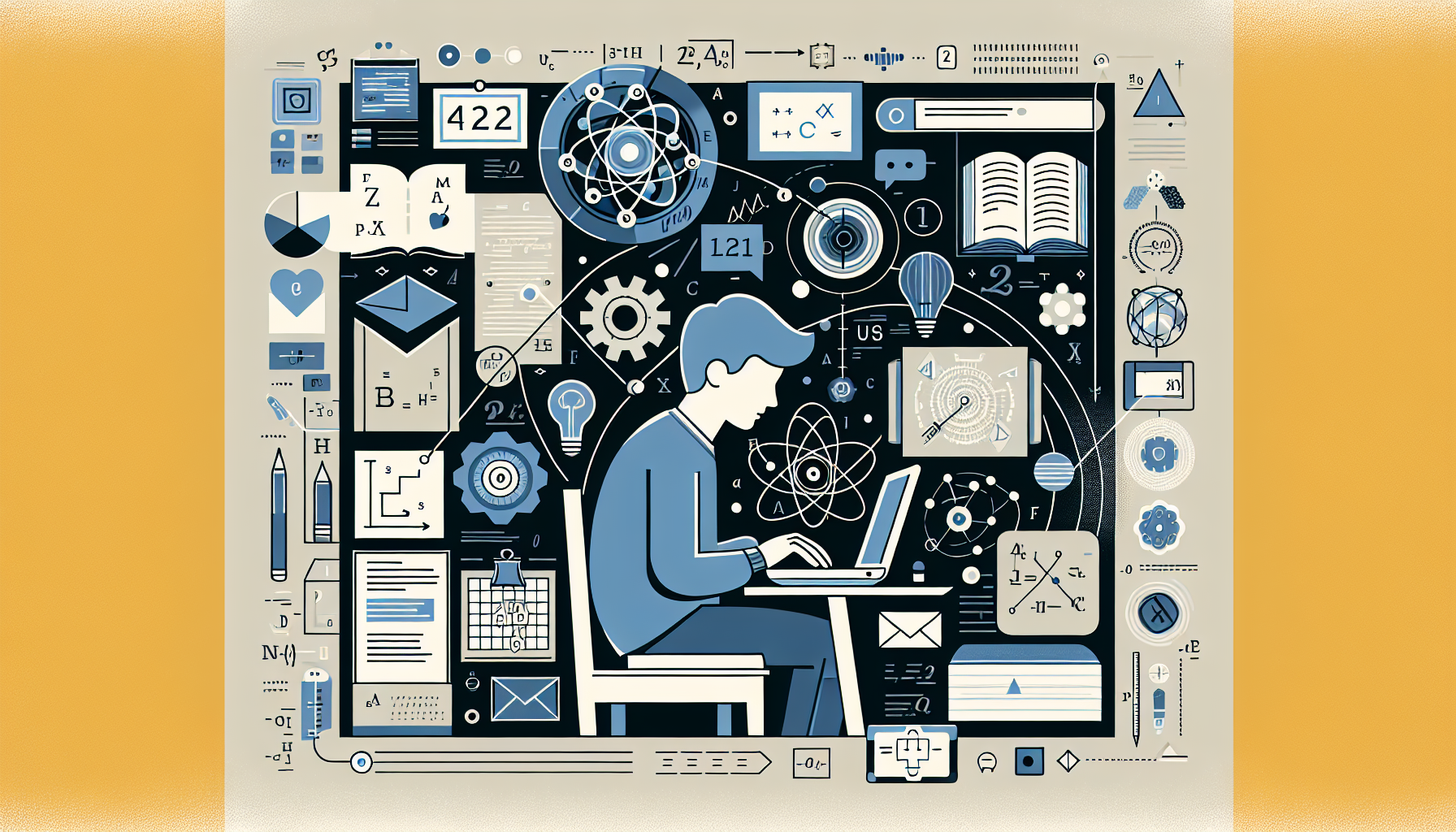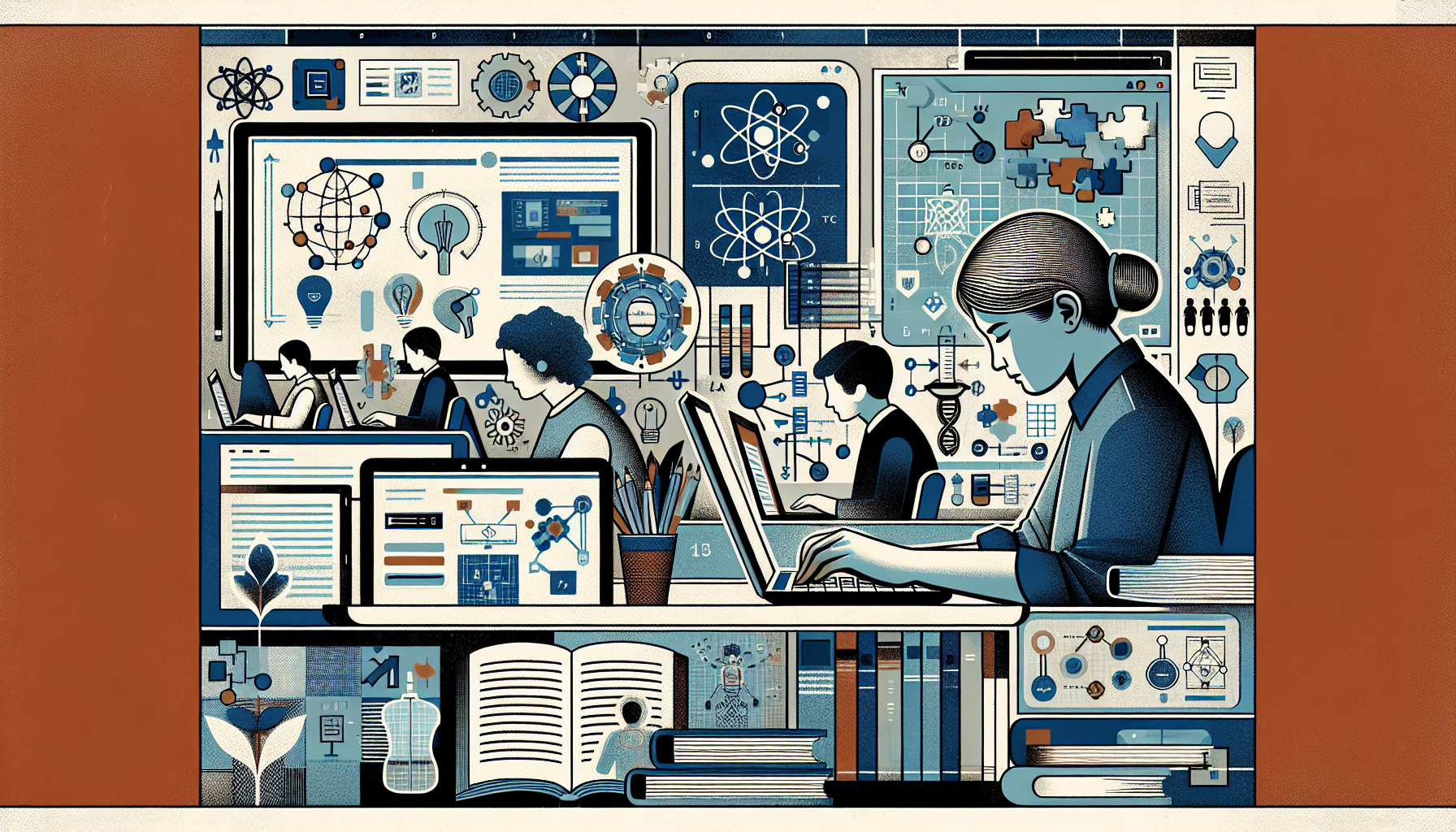How to analyze complex calculus graphs can feel overwhelming for many STEM students. The intricate curves and numerous variables might seem daunting, but there’s a way to simplify this process and enhance your understanding of calculus.
Overcoming Common Calculus Graphing Challenges
Understanding calculus graphs can be a daunting task, but it’s possible to tackle these challenges step by step. One common issue is identifying the critical points on a graph. These are the spots where the graph changes direction or behavior, such as peaks, troughs, or inflection points. Recognizing these points helps in sketching the graph and understanding the function’s overall behavior.
Another challenge is dealing with asymptotes, which are lines the graph approaches but never quite reaches. Knowing where vertical and horizontal asymptotes lie can help prevent mistakes in graph interpretation. Vertical asymptotes occur at values where the function is undefined, while horizontal asymptotes indicate end behavior as x approaches infinity.
Additionally, remember that transformation of functions, like shifting or stretching, also plays a vital role. Understanding how to manipulate these transformations can make graphing more intuitive and less intimidating. Practice by taking simple functions and applying transformations to see the effect before tackling more complex graphs.
Practical tips for students
Use graphing software to enhance your understanding. Many students find that virtual tools simplify and visualize complex concepts, making it easier to grasp difficult topics. Also, don’t hesitate to collaborate with classmates and discuss these common hurdles, as shared insights often lead to breakthroughs in understanding.
Using Technology To Simplify Calculus Analysis
Leveraging technology can transform the way students understand and analyze calculus. Tools like graphing calculators and software programs can simplify complex calculations and provide visual representations of functions. These visuals help make abstract concepts more concrete and are essential for grasping difficult calculus topics.
Graphing tools allow students to plot equations easily, helping them see how functions behave in different conditions. They can quickly identify intercepts, asymptotes, and other critical points that are crucial for understanding the full scope of a problem.
Online platforms and apps provide interactive lessons and step-by-step problem-solving techniques. These resources act as a virtual tutor, available anytime, and help students develop their skills at their own pace. Some platforms even offer adaptive learning, adjusting the difficulty based on individual progress to keep students engaged and challenged.
Utilizing technology not only makes learning more intuitive but also prepares students for future academic and career opportunities where such tools are indispensable. Encouraging the use of these technologies can significantly enhance a student’s ability to tackle calculus problems with ease and confidence.
Improving Graph Interpretation Skills
Enhancing graph interpretation skills is key to mastering calculus. Start by understanding the basic elements of a graph, such as axes, scales, and labels. Recognizing how these components interact will help you grasp the bigger picture.
Pay attention to the behavior of the graph at different intervals. Look for patterns such as increasing or decreasing trends, and identify inflection points where the graph changes direction. This will aid in predicting future behavior and solving complex problems.
Practice reading the slopes of tangent lines, as they indicate the rate of change at any given point. Understanding slopes is fundamental to interpreting and solving calculus equations. Focus on how changes in slopes reflect graph behavior, guiding your analysis.
Utilizing these strategies, students can improve their ability to interpret graphs accurately and efficiently, which is crucial for success in calculus and other STEM subjects. Remember, practice with diverse examples will strengthen your graphical intuition over time.




